Biodiversity has substantially changed in one of the largest Mediterranean wetlands
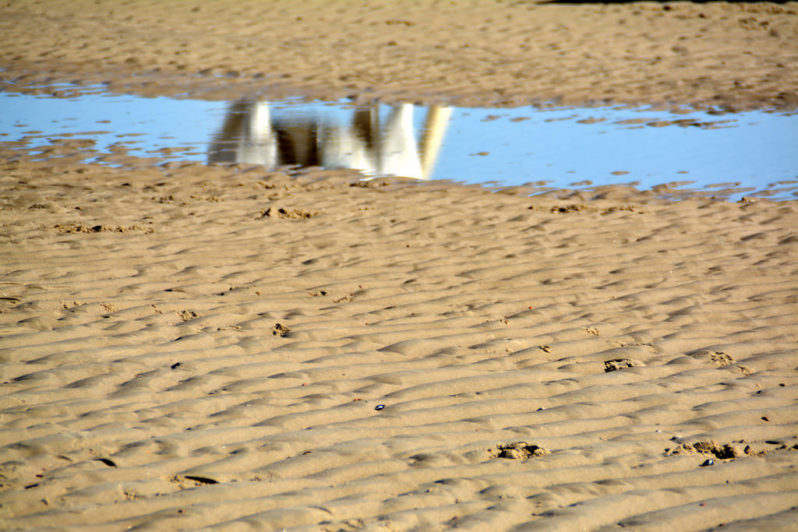
The Camargue in southern France is widely recognised as one of the largest and most biodiverse wetlands in the Mediterranean region. Yet, some species have severely declined since the 1970s. This provides evidence of substantial deterioration of the Camargue ecosystem.
Biologists investigate mass die-of freshwater mussels
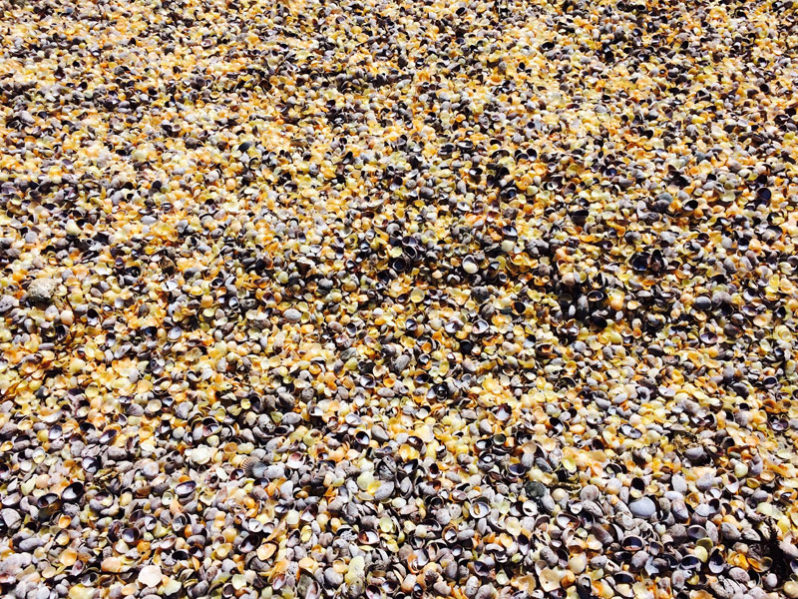
Freshwater mussels, like pollinators and trees, are critical to their larger ecosystems and the world around them. They filter out sediment and agricultural runoff, limiting the size and impacts of dead zones.
A pipeline runs through it
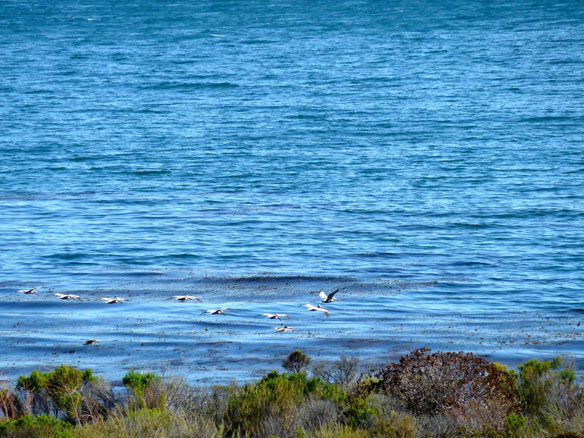
The 600-mile Atlantic Coast Pipeline could soon slice across Appalachia. If completed, the hundreds of miles of 42- and 36-inch diameter steel would carry 1.5 billion cubic feet of natural gas every day.
In the deep end: ‘Life in Troubled Waters’ Exhibit
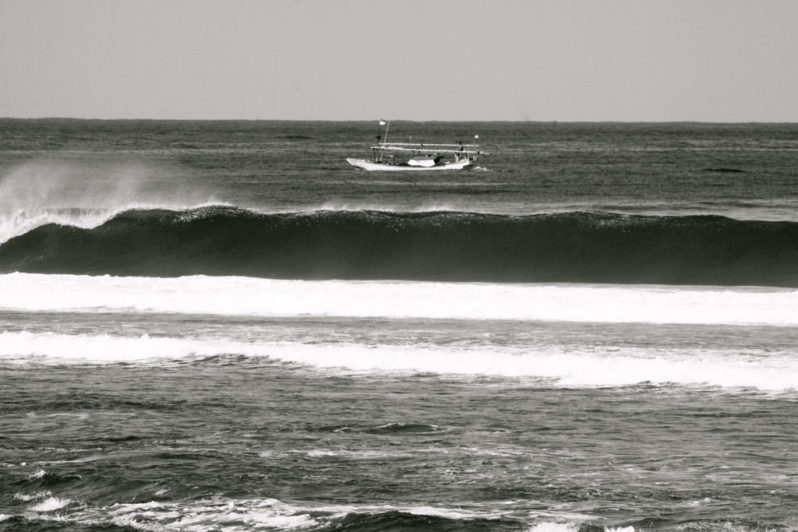
The photographs taken by Selvaprakash Lakshmanan look at the changing Indian coastal landscape that has been affected by erosion, chemical plants, rising sea levels and over-fishing.
Climate change is reshaping communities of ocean organisms
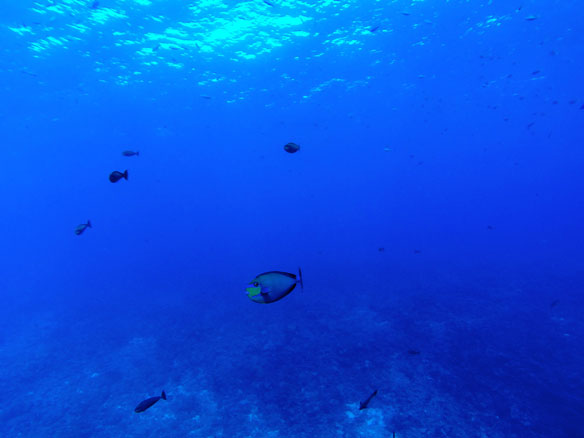
Climate change is reshaping communities of fish and other sea life, according to a pioneering study on how ocean warming is affecting the mix of species. The study covers species that are important for fisheries and that serve as food for fish, such as copepods and other zooplankton.
Trump Administration announces plan to expand oil development in Alaska
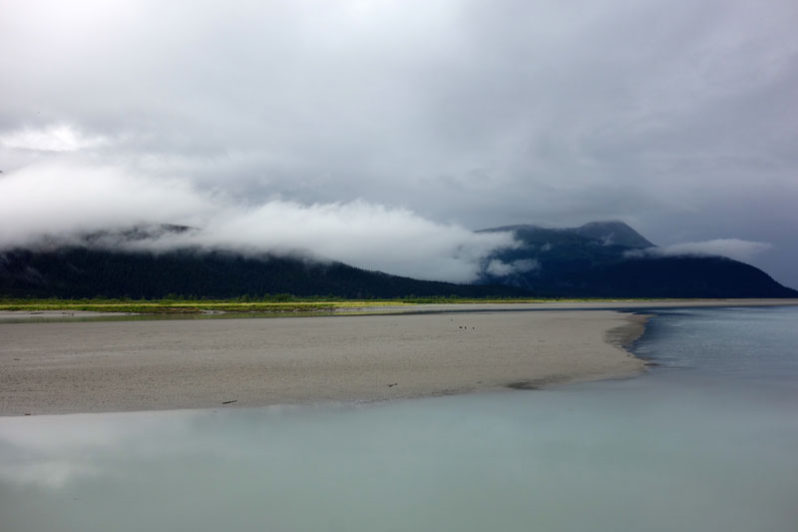
The Trump administration announced a new plan that could open up an additional 6.6 million acres within the National Petroleum Reserve in Alaska to fossil fuel development.
In the deserts of Dubai, salmon farming thrives
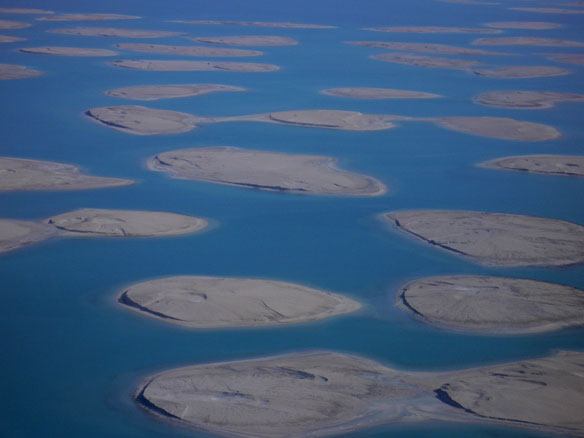
Even for a country known for its extravagant ventures, building Fish Farm, located along the southern border of the emirate, was a challenging endeavour. Salmon usually live in cold waters such as those in and off Iceland, Norway, Scotland and Alaska.
How the U.S. betrayed the Marshall Islands, kindling the next nuclear disaster
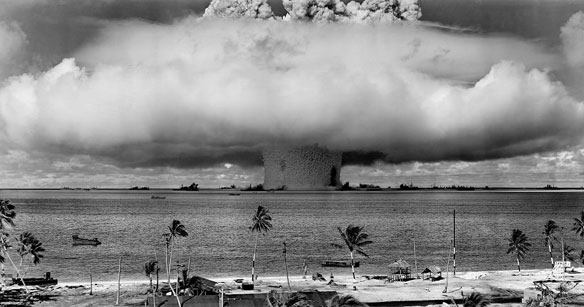
In the Marshall Islands, Runit Dome holds more than 3.1 million cubic feet — or 35 Olympic-sized swimming pools — of U.S.-produced radioactive soil and debris. Nowhere else has the United States saddled another country with so much of its nuclear waste, a product of its Cold War atomic testing program.
Red tide is back off the coast of Florida.
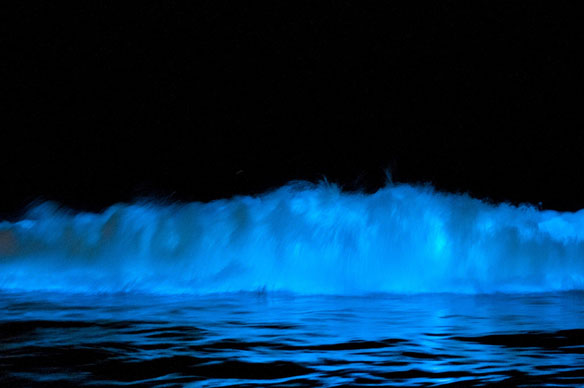
The toxic algae has returned to the waters off southwest Florida and has begun to slowly creep up the state’s Gulf coast over the past month.
